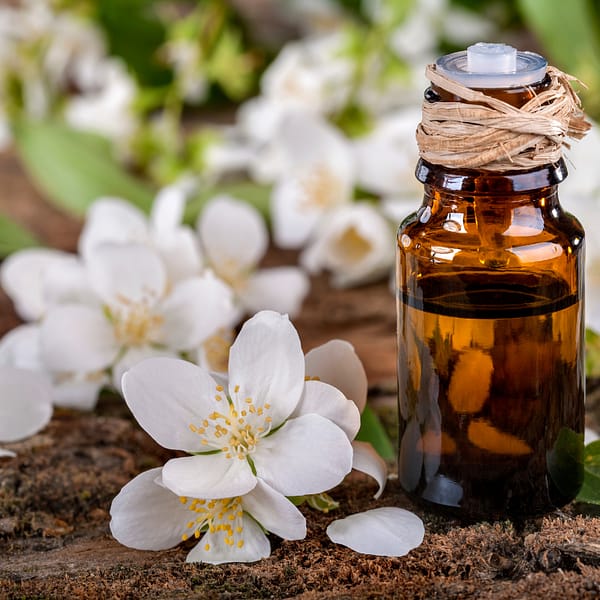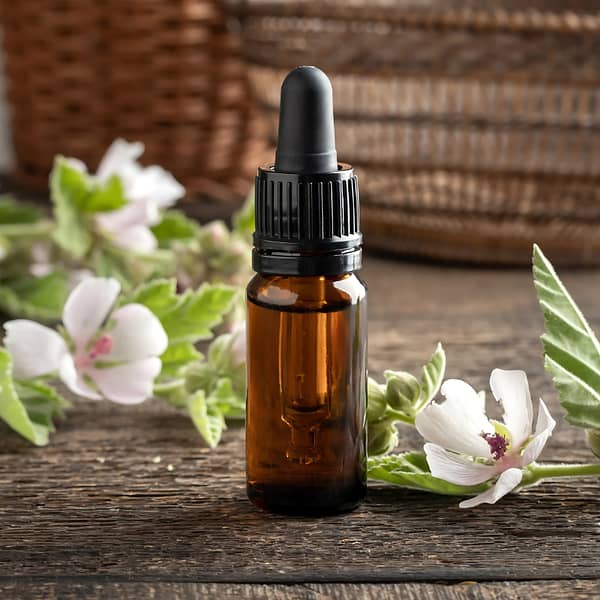


Selection of Plant Material: The first step is choosing the appropriate part of the plant, whether it’s the roots, leaves, flowers, or bark. Each part of the plant has different compounds that offer specific benefits. The choice depends on the benefits the liquid extract should provide.
For decades, Nature’s Answer has been at the forefront of herbal innovation. Our commitment to quality, sustainability, and science-backed formulations ensures you receive the best nature has to offer. Explore our range of extracts today!
Dive into the essentials of herbal extracts, tinctures, and glycerites with our comprehensive FAQ. From understanding the differences between these remedies to tips on storage and usage, we simplify the world of natural wellness, helping you make informed choices for a healthier, balanced lifestyle. Perfect for beginners and enthusiasts alike!
Ready to transform your wellness journey? Shop our herbal extracts and discover the Nature’s Answer difference today!
Get an Instant 10% Off subscribe to our mailing list and get special offers!